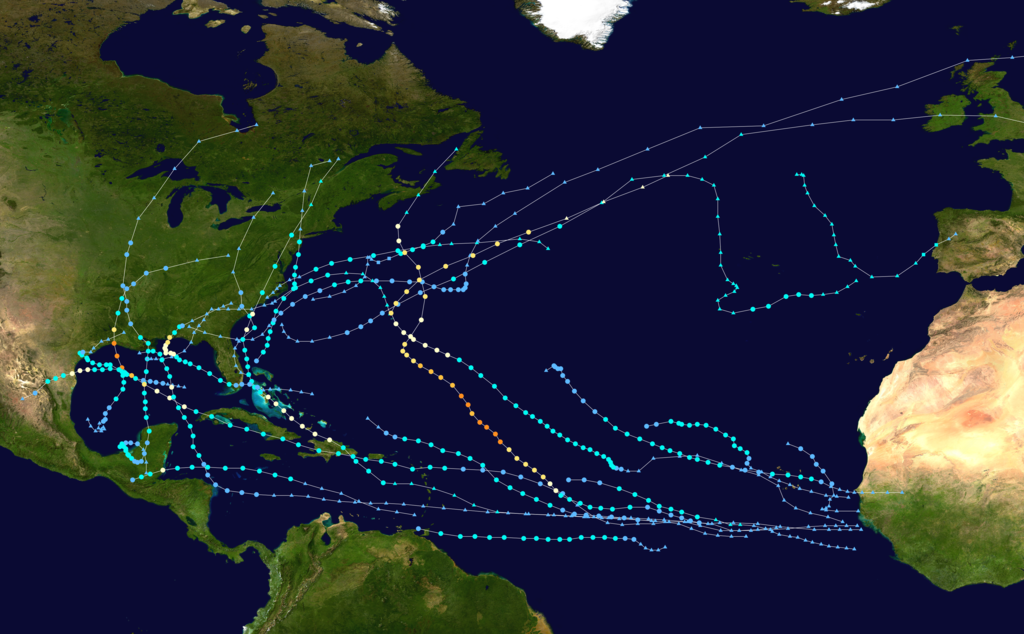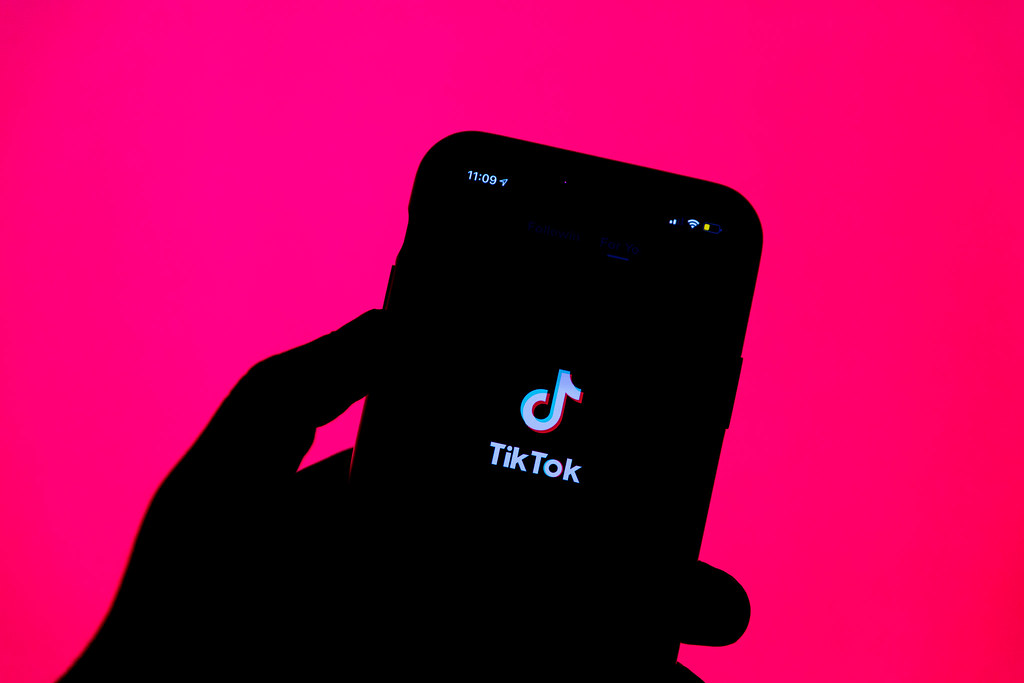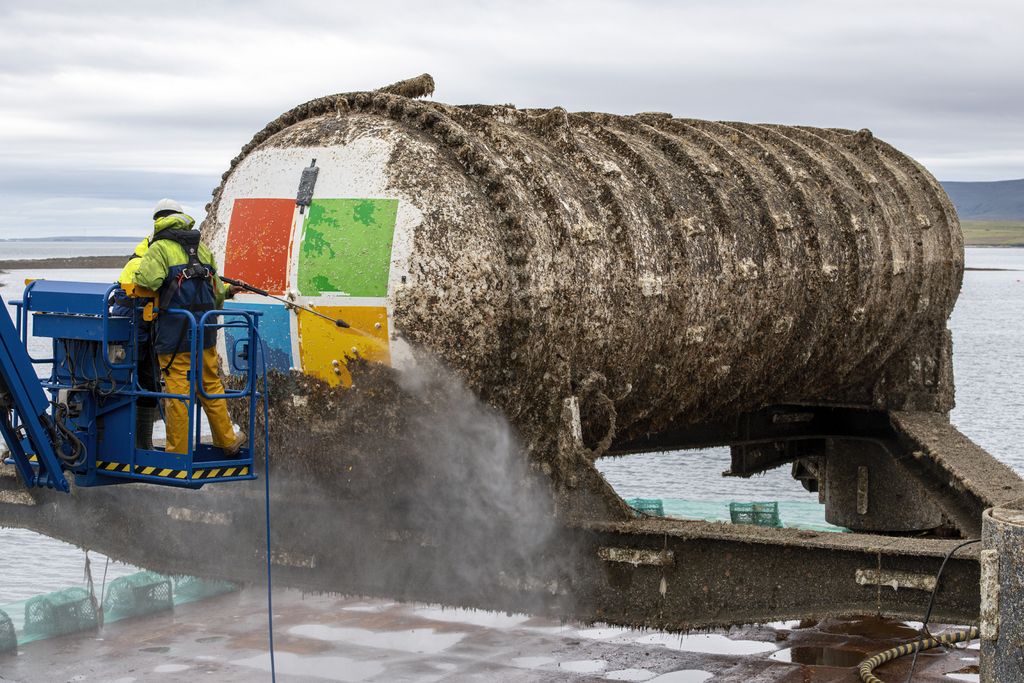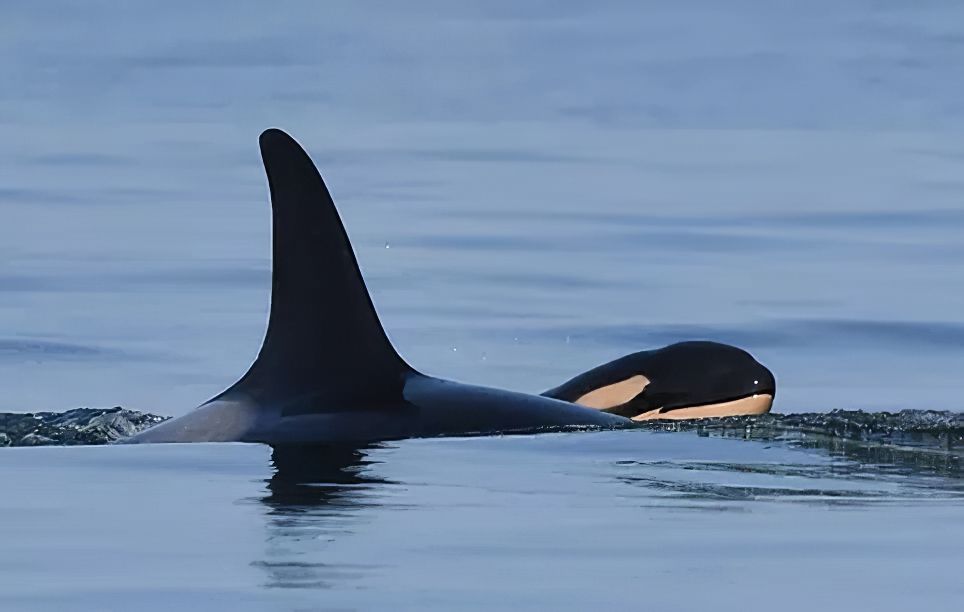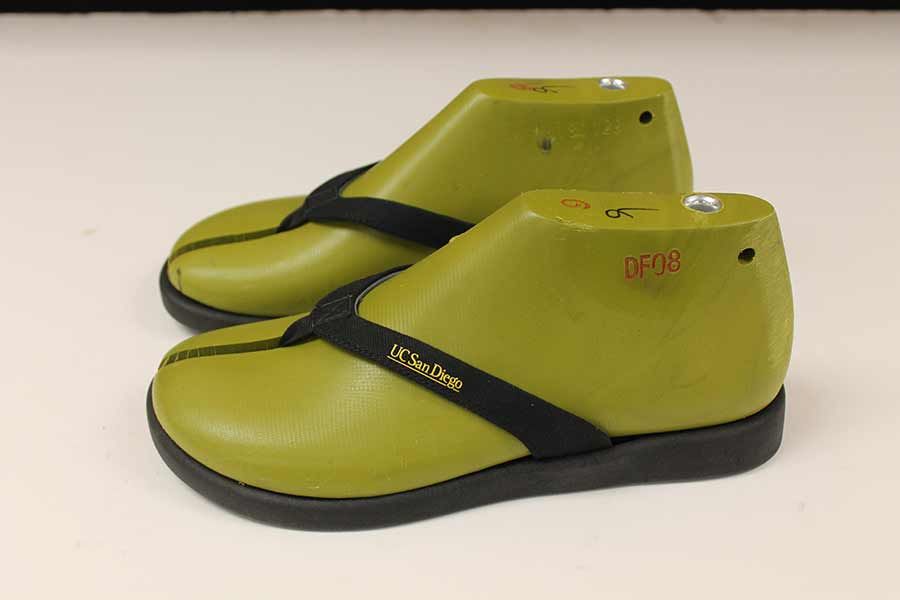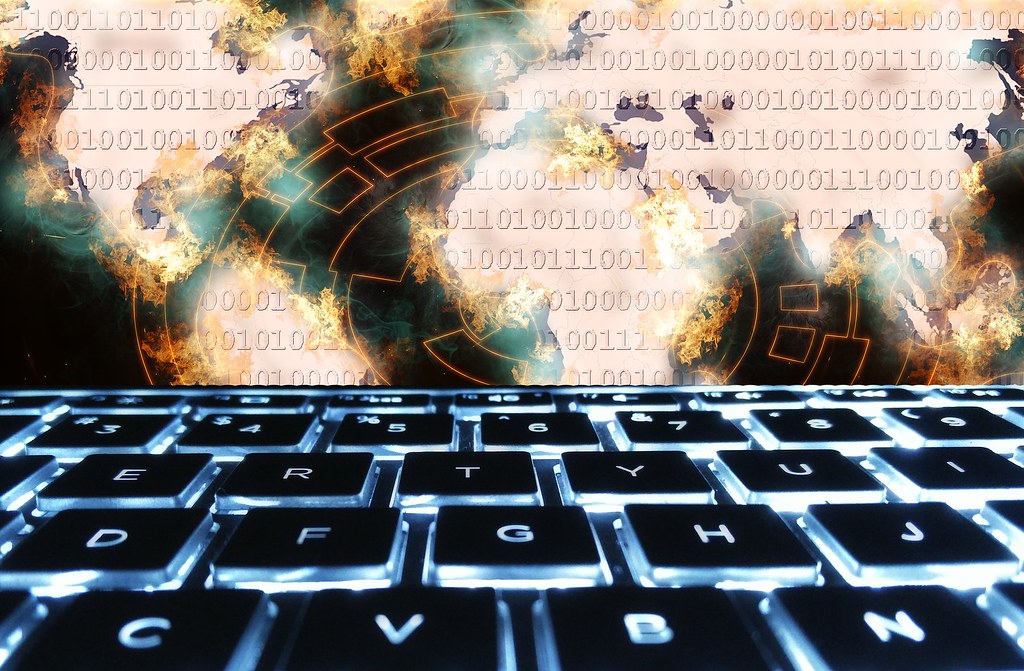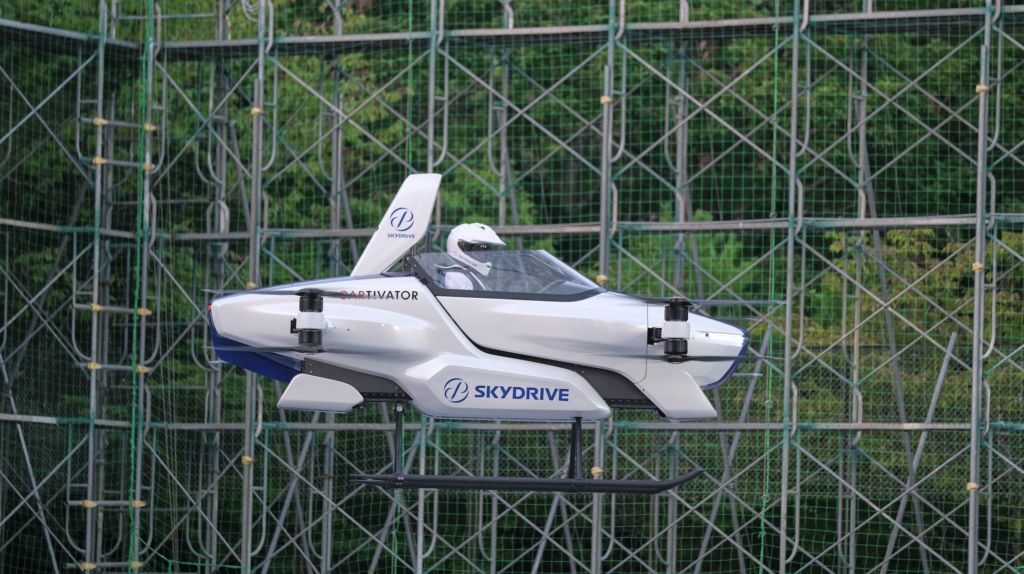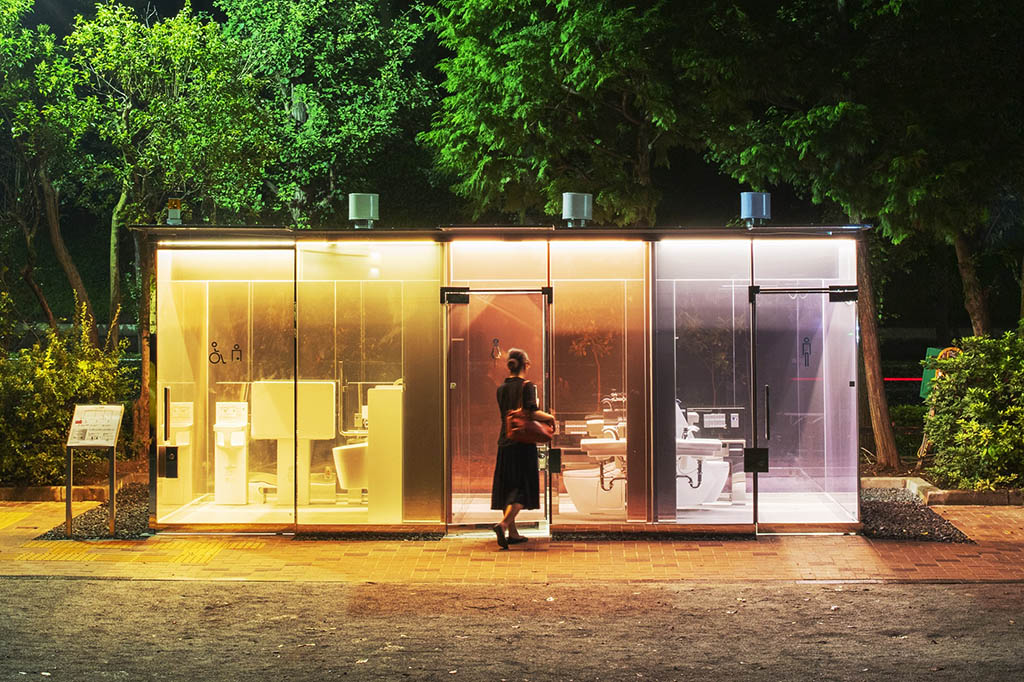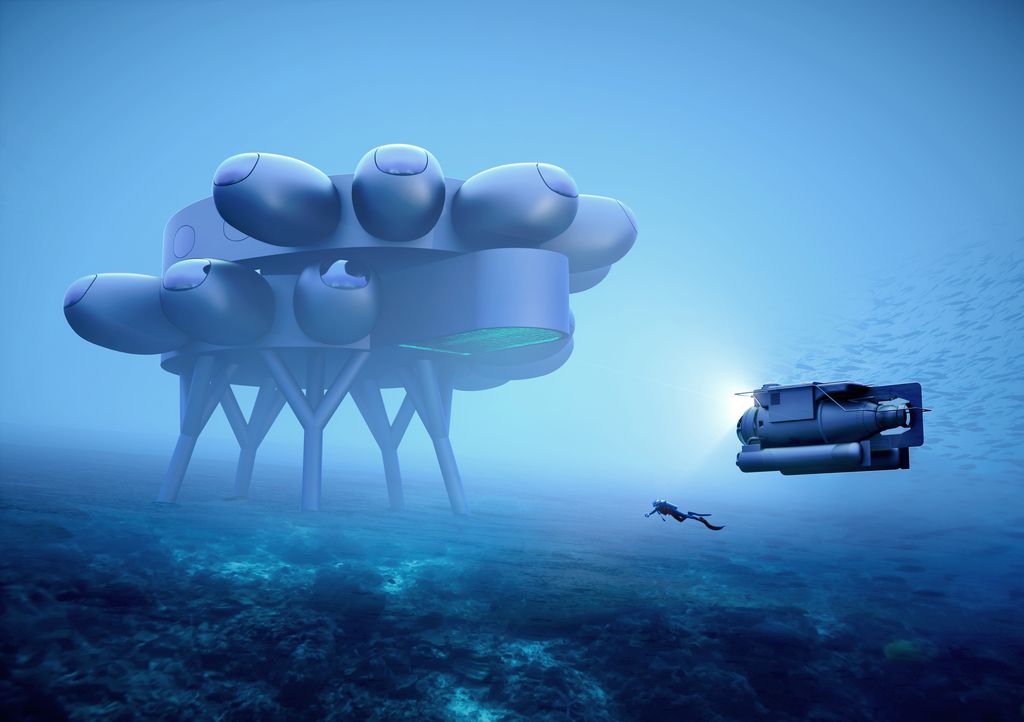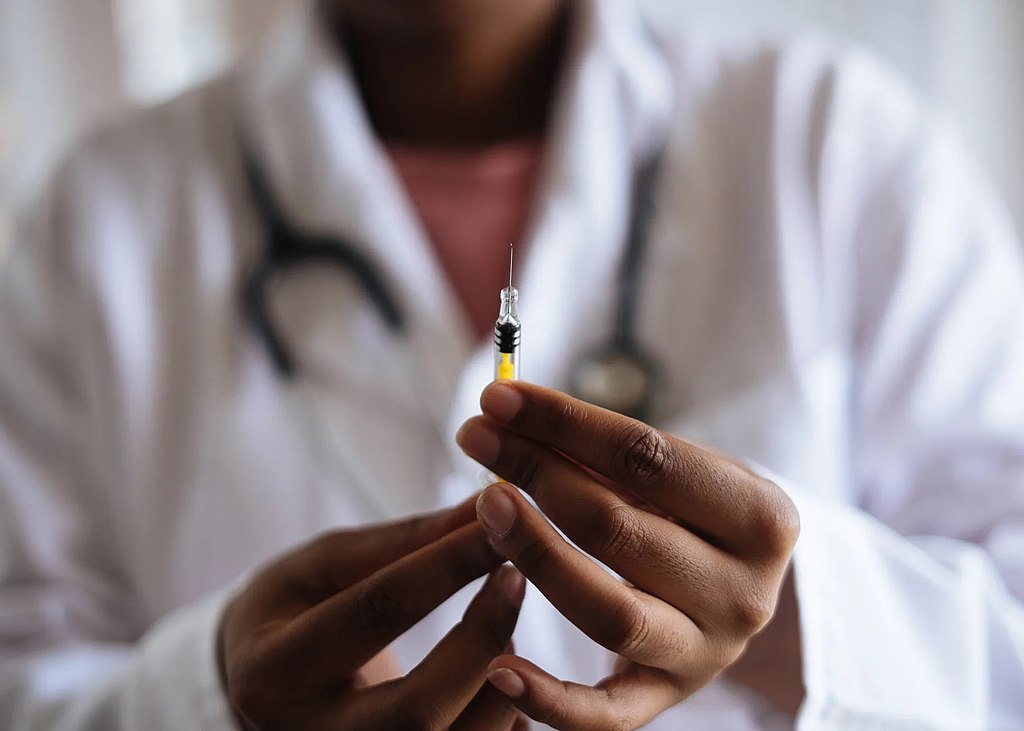Among the more unusual news stories recently…the Atlantic has had so many hurricanes this year that a second alphabet is needed to name them, Thailand starts mailing tourists' litter back to them, & and old TV takes out the internet for a whole village.
Published in “Technology”
US President Donald Trump has insisted that the popular app TikTok be sold to an American company or be shut down. The company has been given an extra week to work out a deal before the US bans it.
The computer company Microsoft recently ended an unusual experiment by pulling up a data center that has been serving internet requests from under the sea for the last two years. The company says the experiment was a success.
Among the more unusual news stories recently…the notes change in a piece of music that lasts 639 years, an orca mother who lost a calf two years ago has another baby, and scientist take a super high-quality picture - of broccoli.
Every year, about 3 billion flip-flops are produced. Now scientists have come up with a way to make sure new flip-flops don't add to the massive plastic waste problem in our oceans - by making flip-flops out of algae.
Criminals are targeting the computer systems of school districts, universities, banks, large businesses, and other groups around the world, locking up their computer files, and refusing to unlock them until they are paid.
In recent years, Japan has had many advanced and unusual toilets, including some with automatic lids and self-warming seats. Now one area of Tokyo is trying something completely new - public toilets with see-through walls.
Fabien Cousteau, a well-known ocean explorer, has announced plans to build a large research station under the ocean. The goal of the project is to become an "underwater version of the International Space Station".
July has been a busy month in space and an especially busy month for missions to Mars. Here’s a look at the recent launches by NASA and China, as well as the story of two teenage girls from India who discovered an asteroid.
Companies and scientists around the world are racing to create vaccines to help protect people against the new coronavirus, SARS-CoV-2. Because the coronavirus is so serious, the process is happening much more quickly than normal.

